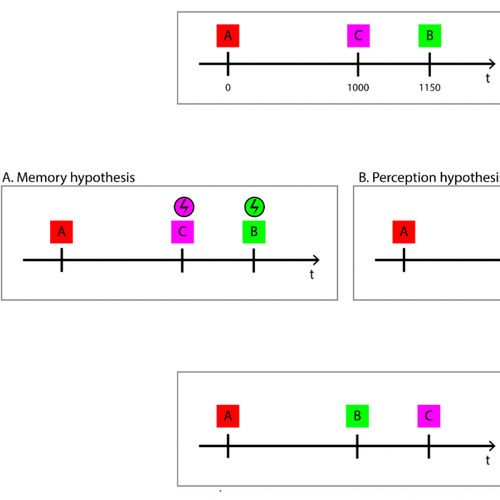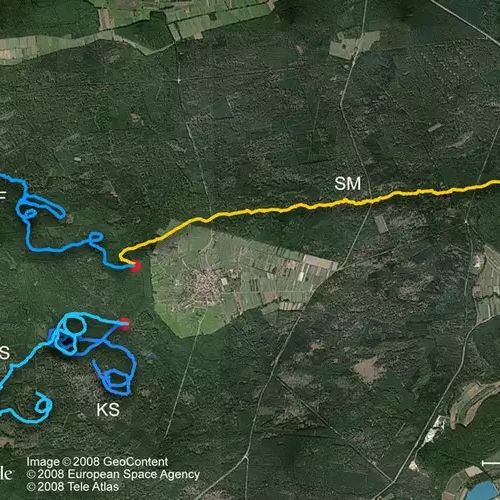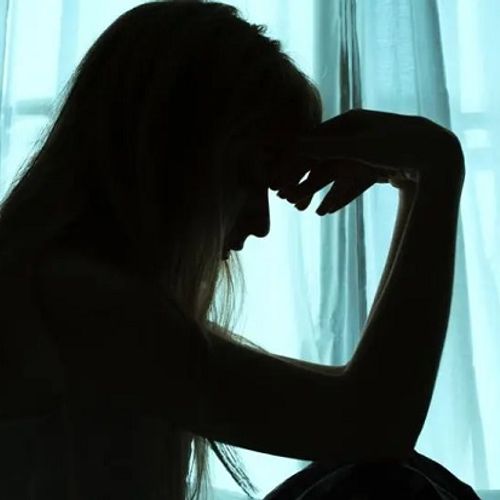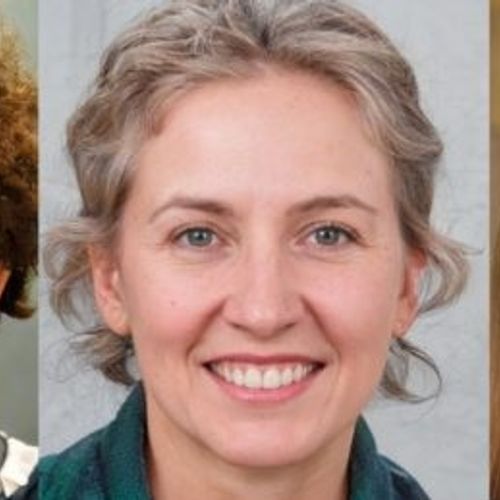
| Added | Sun, 27/03/2022 |
| Источники | |
| Дата публикации | Sun, 27/03/2022
|
| Версии |
Psychologists have discovered a new visual illusion that gives an idea of the nature of time perception
New study shows that vision reconstructs time
A new study provides evidence that our assumptions about cause-and-effect relationships shape our perception of the temporal order in which we perceive events. The results of the study, published in the journal Psychological Science, shed light on the influence of causality on the perception of time.
"Initially, we were interested in the inverse causal relationship and whether people, under certain circumstances, can perceive causes after their effects, for example, when they pray or hope for a favorable outcome of what has already happened," explained study author Christos Behlivanidis, associate professor at University College London.
"After conducting several experiments, we quickly realized that the expectation of a temporal direction (that causes precede their effects) is so strong that even if we change the order, people will insist that the causes occurred first. This made us interested in the nature of time perception and how it interacts with causality (which also carries temporal information)."
In three experiments involving a total of 607 people, participants observed a domino collision involving three colored squares, which were designated "A", "B" and "C".
In the expected order of collisions, A collides with B, who then collides with C. However, in the version that the participants saw, "A moves first, but at the moment of his contact with B, C starts moving, and B starts moving only 150 ms later than him." In other words, C starts moving before B collides with it.
In experiments, participants were asked to indicate the time at which B and C begin to move. Despite re-viewing the collisions, the researchers found that participants tended to report that B started moving before C, rather than in the actual order of movement (A, C, B).
"We have a strong assumption that we know, through direct perception, the order in which events occur around us. The order of events in the world is the order of our perceptions. The visual signal of the glass blinds follows the signal of the glass hitting the ground, and this is perceived as irrefutable proof that the events really happened that way," Behlivanidis said in an interview with PsyPost.
"Our research points in the opposite direction, namely, that it is causal representations or expectations that tell us in what order events occur. If I believe that a blow is necessary for the glass to break, I perceive the shutter slamming after the impact, even if by some crazy coincidence events occur in a different order." In other words, it seems that, especially on short timescales, it is the causal relationship that tells us about time."
The researchers stressed that there is still much to learn about how assumptions about causality affect our perception.
"There are two main directions for further work in light of the causal reordering effect," Behlivanidis explained. "First, we need to study the perception of the temporal order more broadly. It may turn out that, as the philosopher Rick Grush argues, when events happen quickly, we never perceive, but always deduce their order based on our expectations and predictions."
"Equally intriguing is the proof of effect for studying causal perception, the idea that we perceive causes the same way we perceive color or depth," he continued. "In the reordering effect, one of the main features used in causal perception is violated - time priority, but the sequence of events still seems to be causal to the participants. This contradicts 60 years of literature and suggests that causal perception, or perhaps the detection of coincidences, is perhaps much more widespread and flexible than currently assumed."
The authors of the study "Human vision reconstructs time to satisfy causal constraints" are Christos Behlivanidis, Mark J. Buehner, Emma K. Tekwin, David A. Lagnado, Christoph Hurl, and Teresa McCormack.
Новости со схожими версиями
Log in or register to post comments






